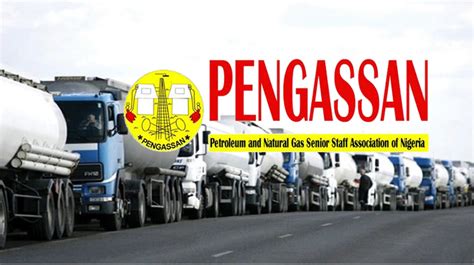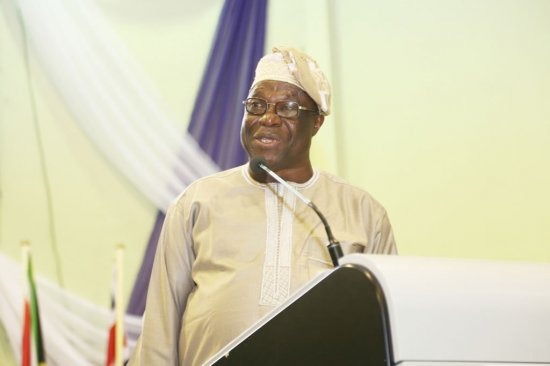-
Despite 20% tax credit incentives under President Tinubu’s Executive Order, PENGASSAN says over five major IOCs have exited due to insecurity.
-
Fuel prices stayed above ₦900/litre even as crude oil dropped to $60/barrel – Regulators are failing Nigerians
- Announces Resolution of Labor disputes and New Partnership with Sterling Oil
“If you go online and check the PLAT cost per cubic metre of PMS, convert that to litres and then to our Naira, you will see that with crude at around $60 per barrel, petrol should be retailing between N700 and N750 per litre,” he stated.
The Petroleum and Natural Gas Senior Staff Association of Nigeria (PENGASSAN) has expressed deep concern over the continued exit of international oil companies from Nigeria, citing worsening insecurity and an unsustainable cost burden as major factors driving divestment.
The union is now calling on the federal government to adopt the Nigeria Liquefied Natural Gas (NLNG) partnership model to restructure refinery operations and rebuild investor confidence in the country’s oil and gas sector.
Speaking during a press briefing in Abuja, PENGASSAN President, Comrade Festus Osifo, said while the newly signed Upstream Petroleum Operations Cost Efficiency Incentives Order (2025)—which offers up to 20% tax credits for efficient upstream companies—is a welcome move by President Bola Tinubu’s administration, it fails to address the core issue undermining production: insecurity.
“The primary reason international oil and gas companies are leaving Nigeria is not because of cost inefficiency, but because of insecurity,” Osifo stated. “In Nigeria, companies are paying millions annually to secure their own facilities with multiple offshore patrol vessels, while in places like Ghana or Angola, the government provides this protection.”
Highlighting efforts to address internal industry challenges, PENGASSAN also announced a new partnership with Sterling Oil Company to strengthen local content and workforce development. The agreement, Osifo noted, will help reduce over-reliance on expatriate labor by ensuring that Nigerian professionals are adequately trained and positioned to take over specialized roles in the sector.
However, the union insisted that industry-wide reform must go beyond workforce development and tax incentives. Osifo urged the federal government to apply the NLNG governance model to Nigeria’s ailing refineries, including the Port Harcourt plant, which remains non-operational due to what he described as political interference.
“The success of NLNG lies in its structure—private sector-led, with government holding a minority stake,” he said. “Replicating this model for our refineries can help eliminate bureaucracy, enhance efficiency, and attract credible investors.”
The union also raised concerns over fuel pricing transparency, accusing regulators of failing to protect consumers. According to Osifo, Nigerians were short-changed when global crude prices dropped from $80 to $60 per barrel, but petrol prices remained high at over ₦900 per litre.
“When oil was at $60 per barrel, we should’ve been paying ₦700 to ₦750 per litre—not ₦900. It’s clear Nigerians were being exploited,” he said, calling on the Nigerian Midstream and Downstream Petroleum Regulatory Authority (NMDPRA) to step up and enforce fair pricing practices.
Reflecting on the country’s democratic progress, Osifo used the Democracy Day celebration to remind the federal government that governance must translate to real socioeconomic benefits for Nigerians.
“After 26 years of uninterrupted democracy, we should not still be grappling with basic needs like food, jobs, healthcare, and education,” he declared.
PENGASSAN’s message is clear: to retain investor confidence, revitalize national assets, and empower the Nigerian workforce, the government must address insecurity, embrace proven partnership models, and commit to a transparent, people-first energy sector strategy.







